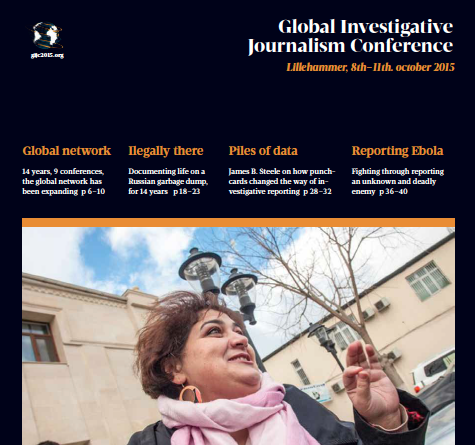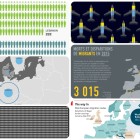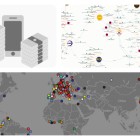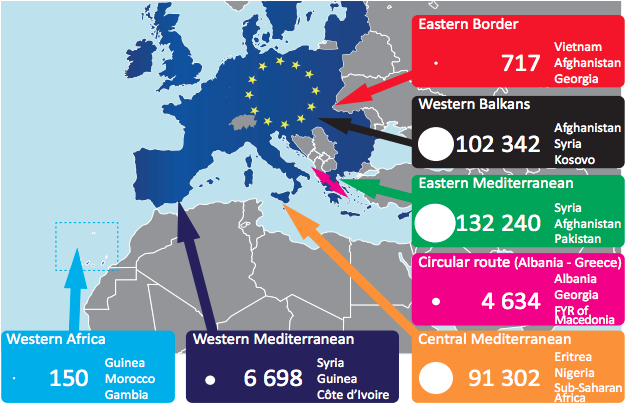GIJN
GIJC15 Declaration on Journalist Safety
|
The plenary session of the 9th Global Investigative Journalism Conference, opening today in Lillehammer, Norway, focused on how journalists are fighting back against the extraordinary level of attacks against them worldwide. After hearing case studies about their colleagues in Angola, Azerbaijan, Malaysia, and Mexico, journalists from 121 countries approved the following declaration.









